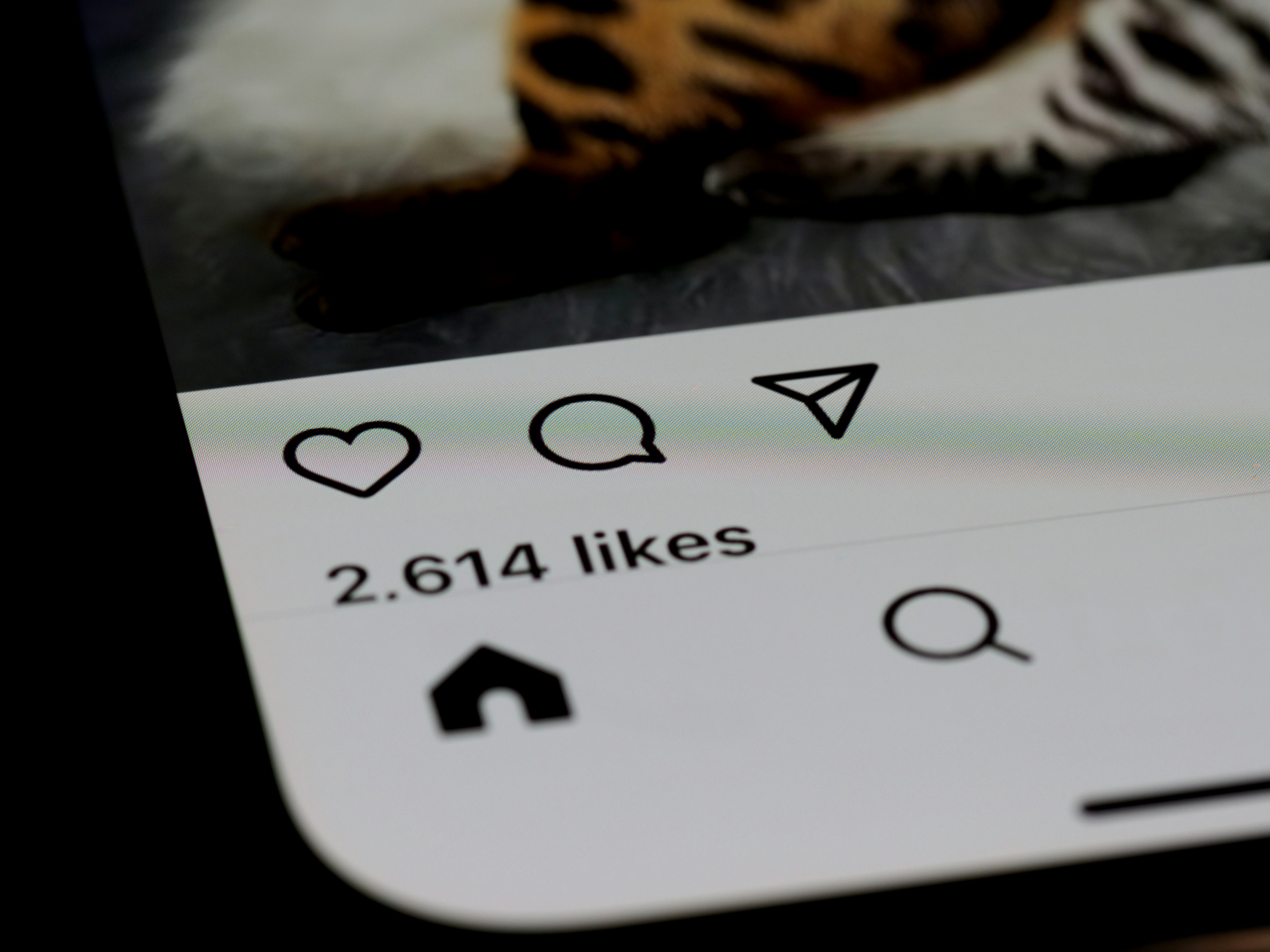
The Perfectionism Trap: How Social Media Distorts Our Reality
We have all seen it—the perfectly posed selfies, the ideal travel photos, the flawless food shots that seem to capture a life without imperfections. As we scroll through social media, it's easy to feel like everyone's life is more glamorous, successful, and curated than our own. But behind those picture-perfect moments lies a hidden trap: the perfectionism that social media fosters, shaping our sense of self-worth, and often distorting the way we see the world.
The Breeding Ground for Unrealistic Standards
Social media, holds the power to connect us and bring creativity to the forefront, but, it has also become a breeding ground for unrealistic standards. It constantly exposes us to the "best" versions of others, the carefully crafted highlights that appear effortless. As we compare these images to our own lives, we begin to feel that anything less than perfection isn't enough. Whether it's a stunning vacation photo or a meticulously arranged meal, we start to believe that this is the only version of life worth sharing.
The problem with this pursuit of perfection is that it shifts our focus away from living in the moment. Instead of enjoying an experience for what it is, we start analysing how it might be perceived online. Life becomes less about genuine enjoyment and more about crafting a persona that fits into an idealized mould.
The Quest for Validation and Instant Gratification
For many of us, the urge to create a flawless online presence has become a subconscious obsession. We start asking ourselves questions like, "Is this good enough to post? Will people think I'm interesting? Does this image make me look perfect?" These seemingly harmless questions trigger a deeper need to seek validation—a quest for approval through likes, comments, and shares that momentarily make us feel seen and valued. But over time, this cycle only deepens the trap.
This pressure to be perfect also stems from a psychological desire for instant gratification. The likes, shares, and comments we receive provide a dopamine rush that feeds our need for external validation and losing insight of our intrinsic value. When we inevitably fall short of the unachievable standards we set for ourselves, we feel inadequate. The comparison to others leaves us anxious, underconfident, and increasingly isolated. But this cycle can be damaging. Our worth becomes measured by how well we perform for an online audience. The joy of the journey is overshadowed by the chase for a destination that doesn't truly exist.
Perfectionism as a Defense Mechanism
The hidden layer of this obsession with perfection is that, for many, it serves as a defense mechanism. Presenting an idealized version of life might seem like a way to shield ourselves from judgment, failure, or rejection. But what we often fail to recognize is that this armour that we use to safeguard ourselves or this polished façade, keeps us from forming genuine connections. We hide behind filters and curated posts, afraid to show vulnerability, which only deepens feelings of isolation.
How Platforms Profit from Our Perfectionism
At its core, social media thrives on perfectionism. It is designed to glorify the shiny highlights of life, often masking the challenges and imperfections we all face. The social media platforms profit off our obsession with perfection because it feeds into advertisements and brand endorsements. The "perfect" lifestyle is often tied to consumerism, where brands suggest that the next product will help us attain that ideal. We are led to believe that the perfect life is just one purchase away. But in reality, these products and experiences often only serve to reinforce the illusion of perfection, making us feel as though we need to buy into the dream in order to truly be happy or successful.
The Reality Behind the Highlight Reel
The reality is that life isn't a highlight reel, it's messy, it's filled with ups and downs, and it's built from the small, imperfect moments. Everyone experiences sadness and hardships, even if it's not visible in their feeds. Mental health issues, insecurities, and personal battles are hidden behind smiles and carefully crafted posts. The pressure to live up to the "perfect" standard distorts our reality and fuels anxiety. This contrast between digital lives and real lives affects our authenticity in personal relationships. The dissonance between how people present themselves online and how they feel in real life can create alienation or a sense of disconnection even when we have digital connections.
At the end of the day, social media is just a tool. It's how we choose to use it that determines its impact on our lives. Our true selves are not polished, not perfect, and certainly not for sale.
If you or somebody you know is struggling with something difficult and needs to get in touch with a therapist, consider reaching our Support and Engage verticals for affordable and inclusive help!
Like our content? Please show us some support by sharing and up-voting!
Image Credits: Unsplash
